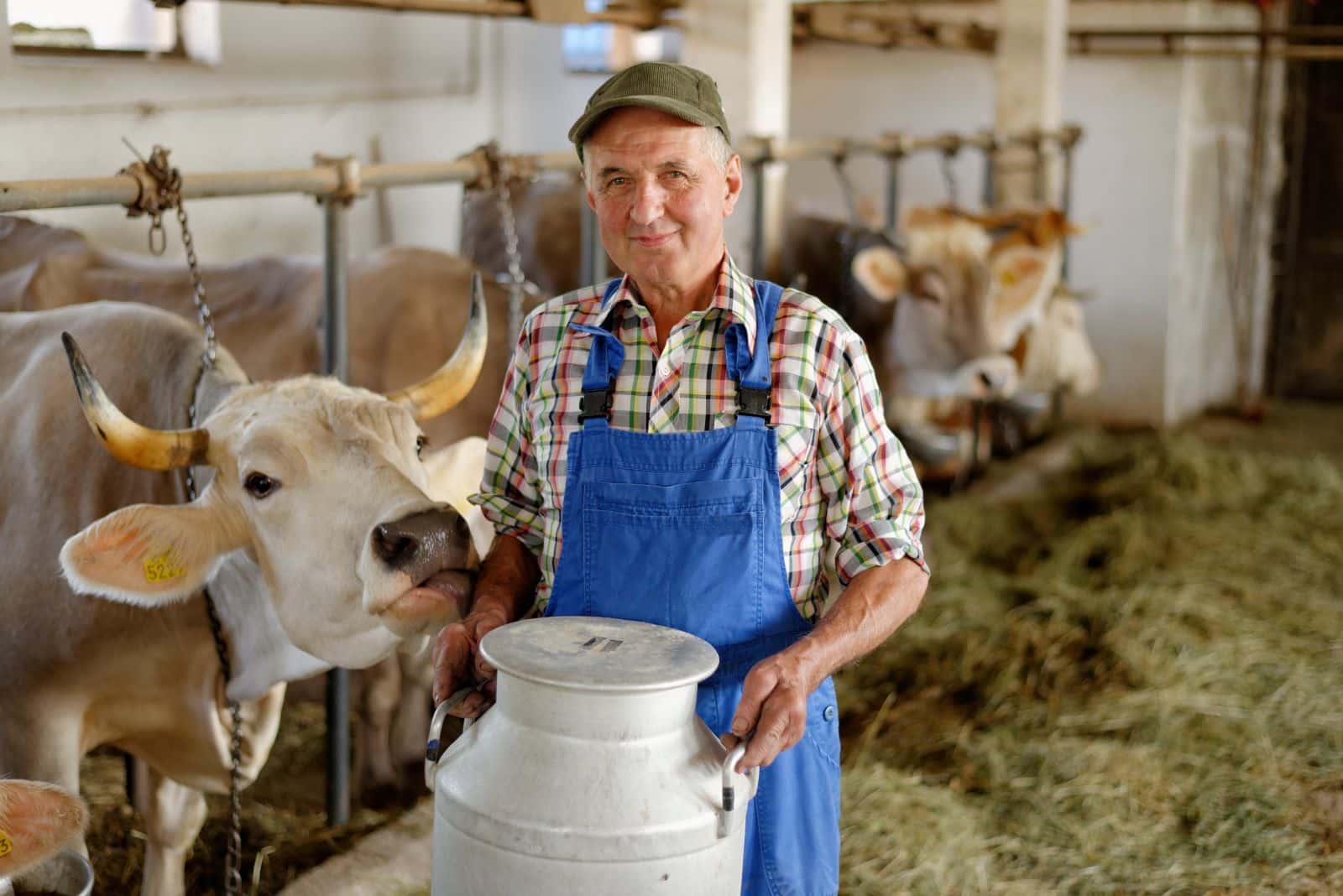Are big banks bankrolling climate change?
Big Banks and Big Emissions

A new report has revealed that America’s biggest banks are pumping billions into the meat and dairy industries. While this seems harmless, these are sectors responsible for some of the biggest emissions on the planet, and it has caused anger among climate activists.
Promises vs. Reality

These banks have been promising to cut their greenhouse gas emissions – in some cases acting as though they had – but according to the report, not all is as it seems.
“Still Butchering the Planet”
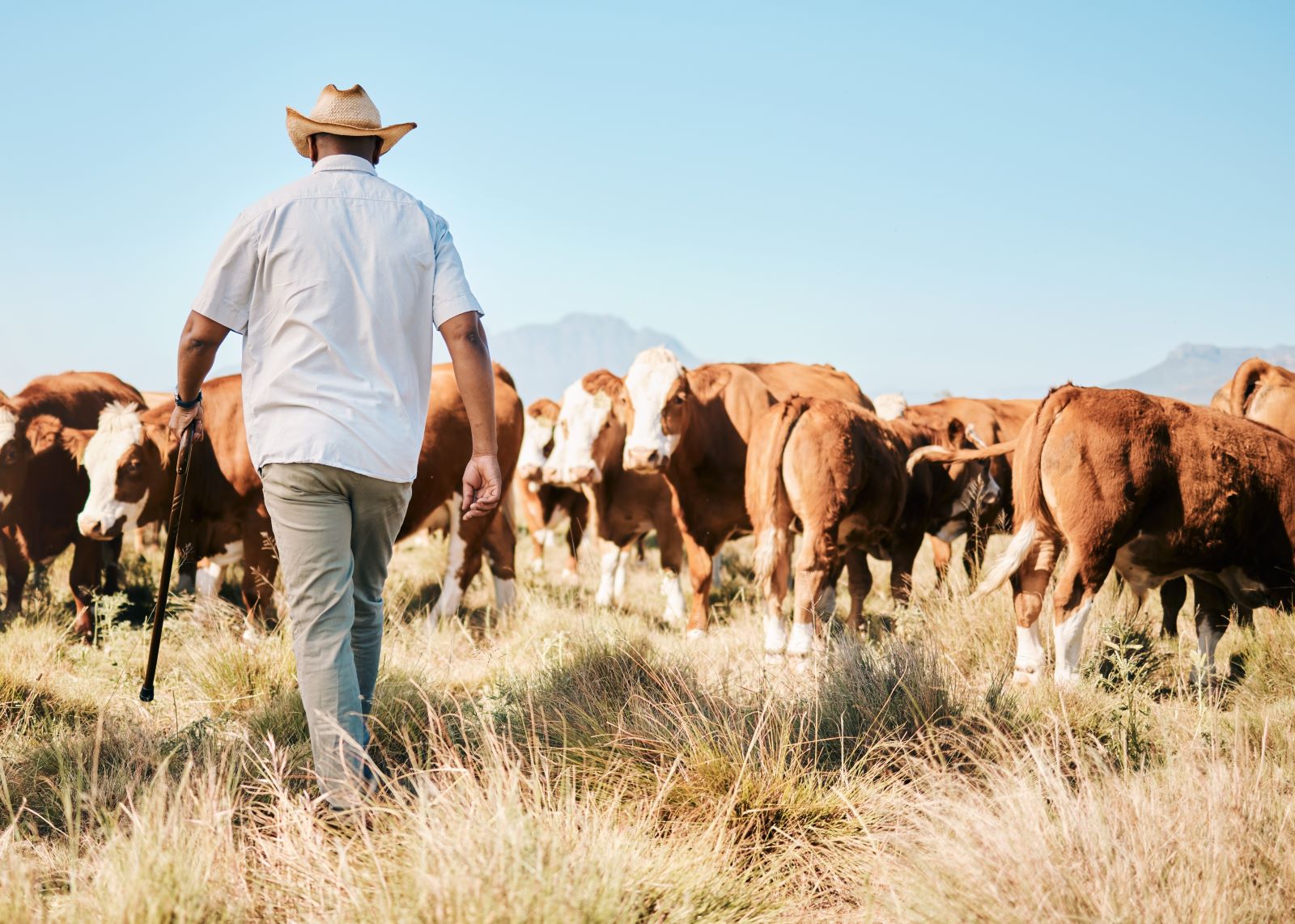
The report titled “Still Butchering the Planet,” and put together by Friends of the Earth and Profundo, explains that since 2016, the Bank of America, JPMorgan Chase, and Citigroup alone have funneled at least $74 billion into the world’s largest meat and dairy companies.
Bank Investments in Meat and Dairy
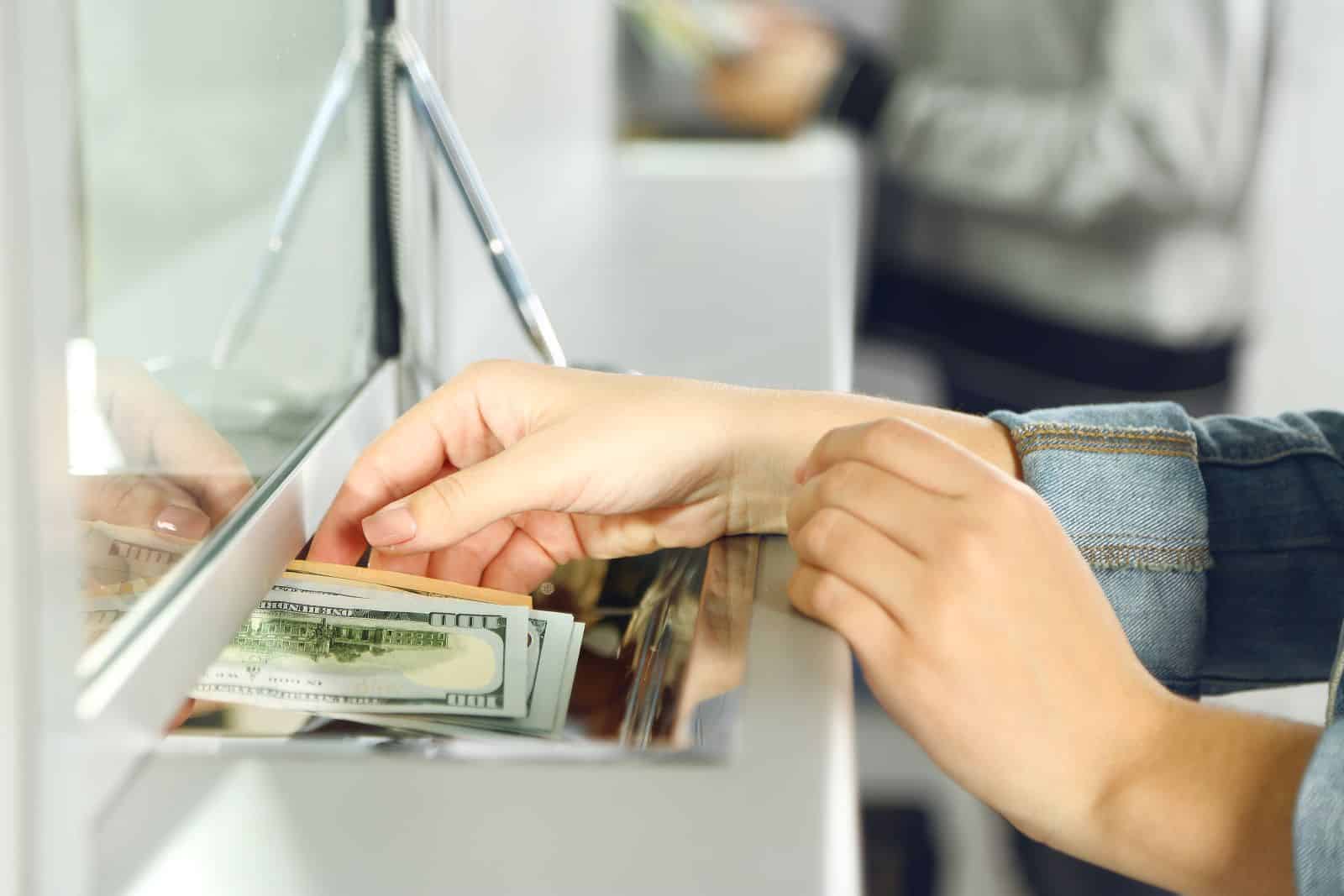
Overall, 58 U.S. banks have provided a massive $134 billion in loans and underwriting to these industries over the past seven years.
Words vs. Actions

Monique Mikhail, a lead author of the report, didn’t hold back: “Many of them have publicly stated the importance of addressing emissions from food and agriculture. Unfortunately, their bold words have not actually translated into action.”
Livestock Production and Greenhouse Gas Emissions
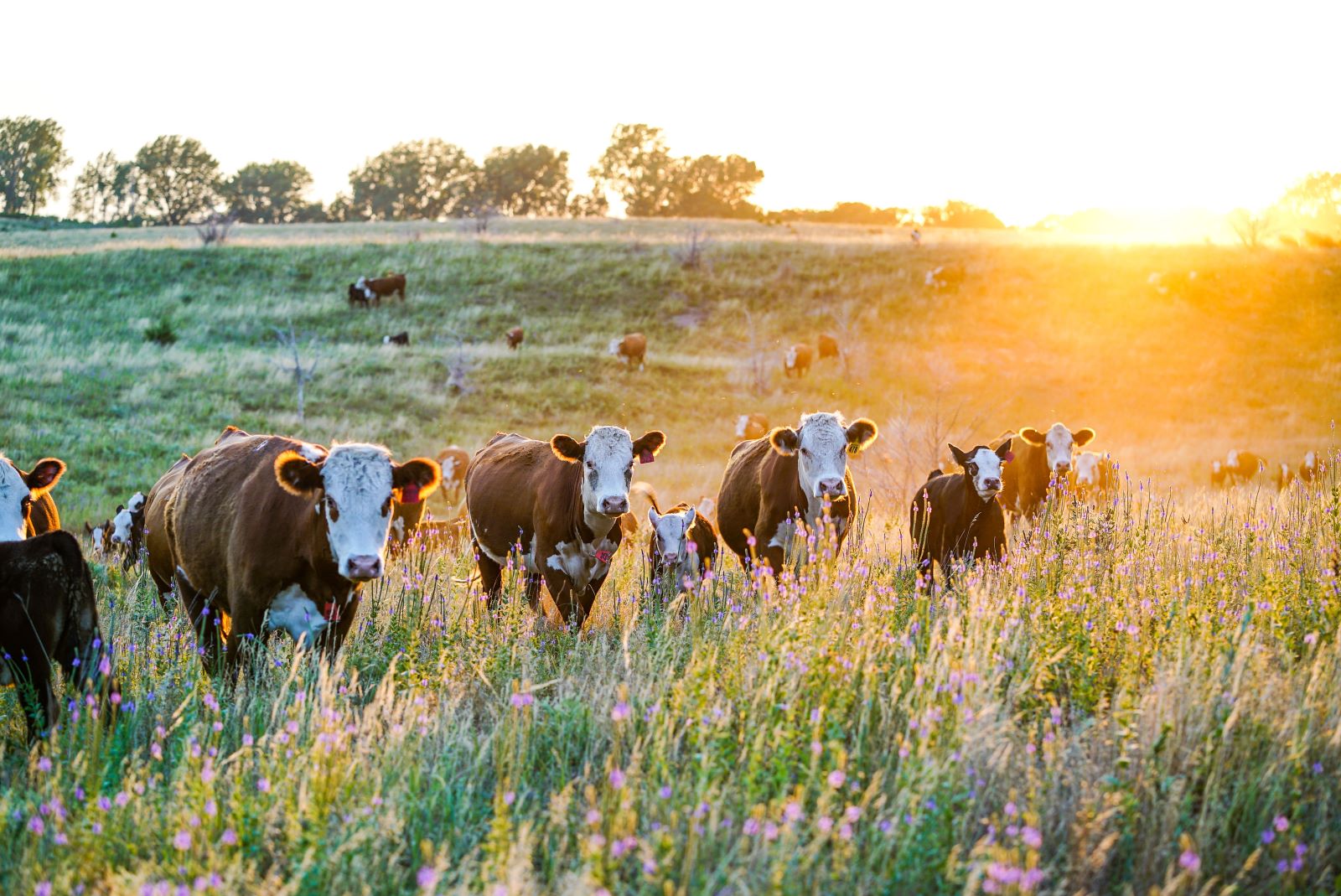
Livestock production is a major source of greenhouse gasses and is also responsible for a hefty chunk of global methane emissions.
The Potency of Methane
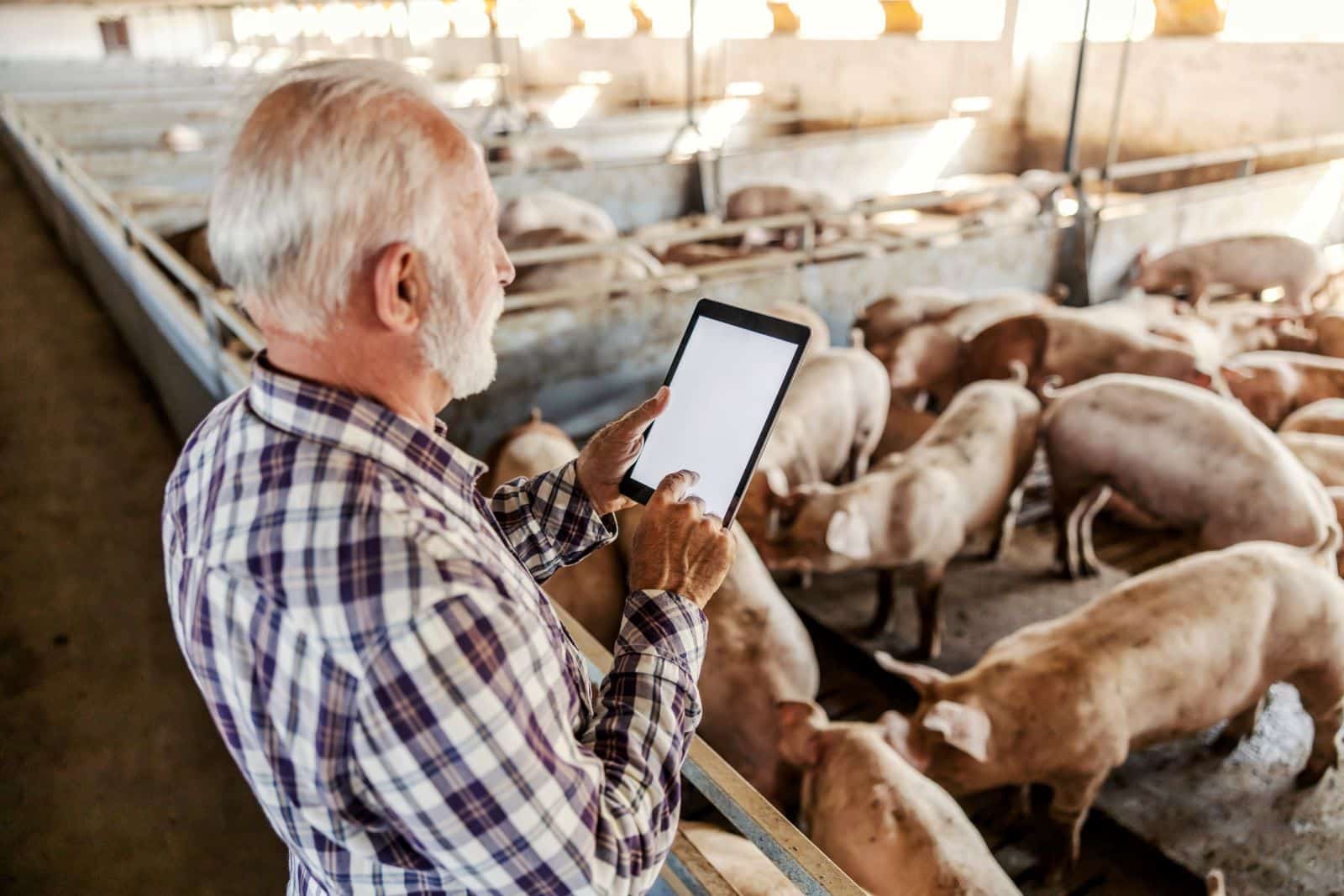
Methane is a beast when it comes to affecting the climate – it’s about 87 times more potent than carbon dioxide over a 20 year period.
Comparing Livestock Emissions to Other Industries
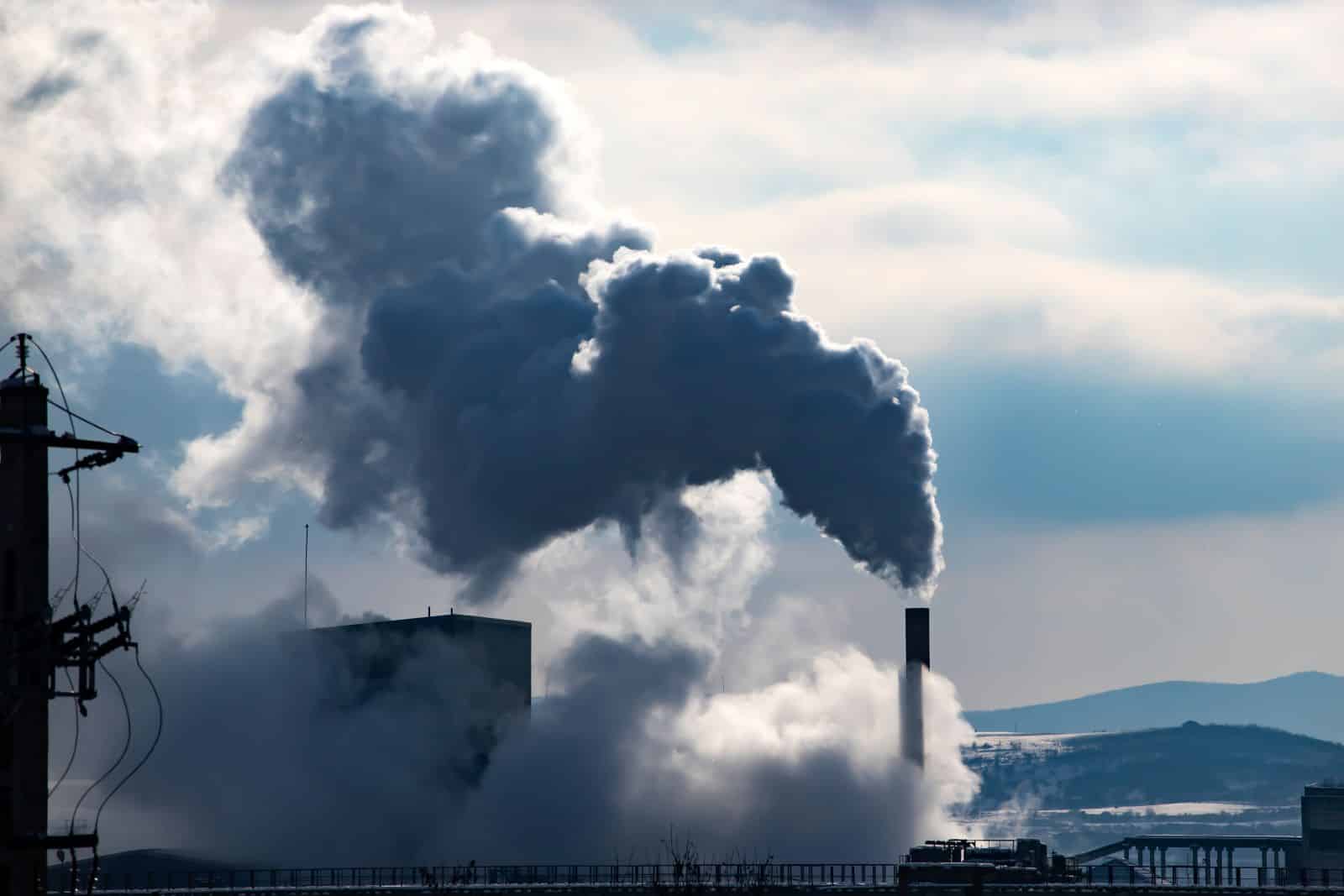
Livestock alone accounts for up to 32% of human-caused methane emissions in comparison to the oil, coal, and natural gas industries combined.
An Urgent Issue

These emissions are becoming a huge problem as Martin Bowman from research group Feedback Global explains, “There really is broad scientific consensus now that we need urgently to reduce livestock numbers to stay within the safe limits of climate change.”
Livestock Emissions Taxes

Denmark recently became the first country in the world to create a livestock emissions tax, but their efforts are a drop in the ocean compared to global methane emissions.
Updated Bank Funding

The new report updates a previous 2020 analysis and shows banks increased their funding to major livestock and dairy producers by 15% – now averaging about $77 billion annually.
The Paris Agreement Paradox
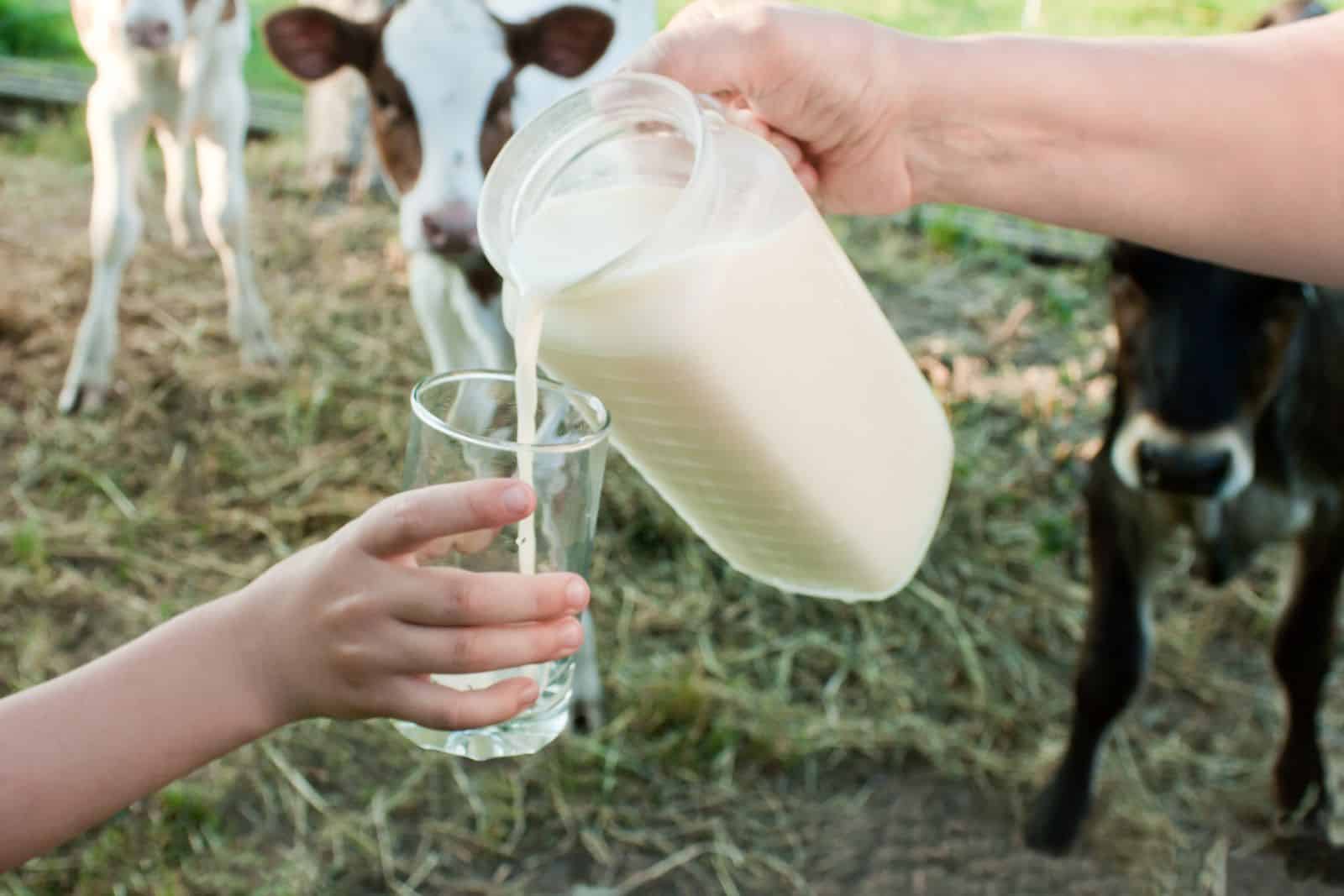
This funding increase is fueling a surge in global meat and dairy production. Since the 2016 Paris Agreement, which was meant to reduce emissions and slow global warming, meat production has jumped by 9 percent and milk production by 13 percent – and the demand is only growing.
Future Forecast

The United Nations has predicted a 20% rise in demand for livestock-based foods by 2050, making banks and investors eager to cash in, regardless of the environmental cost.
The Net Zero Banking Alliance

Despite signing onto the Net Zero Banking Alliance and pledging to cut emissions, the bank’s actions paint a different picture.
A Growing Movement
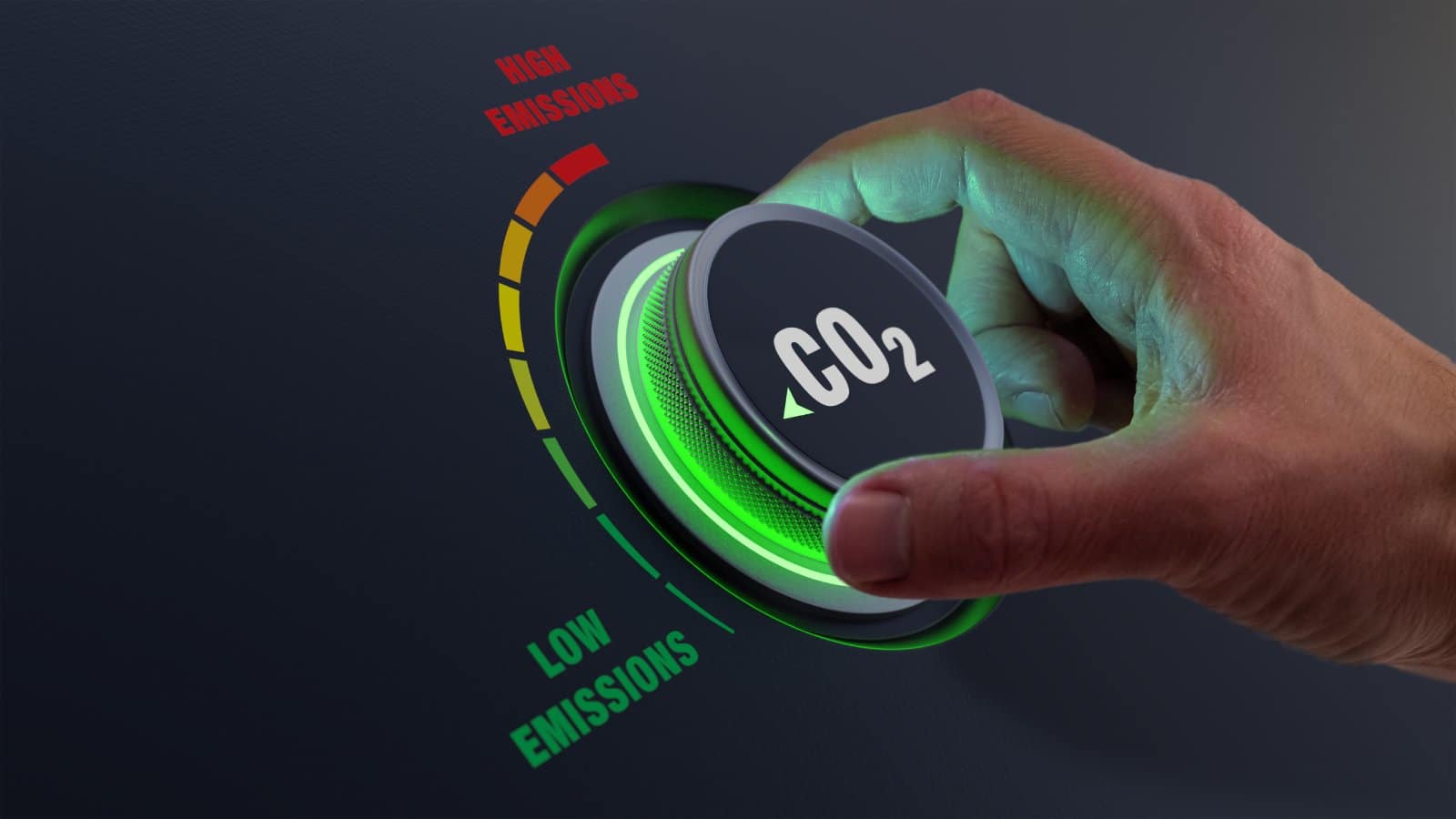
The alliance – which started in April 2021 and now includes 145 members – commits banks to achieve net-zero emissions. But as the report points out, these commitments seem hollow given the ongoing mass investment in high-emission industries.
Environmental Groups Urge Immediate Action
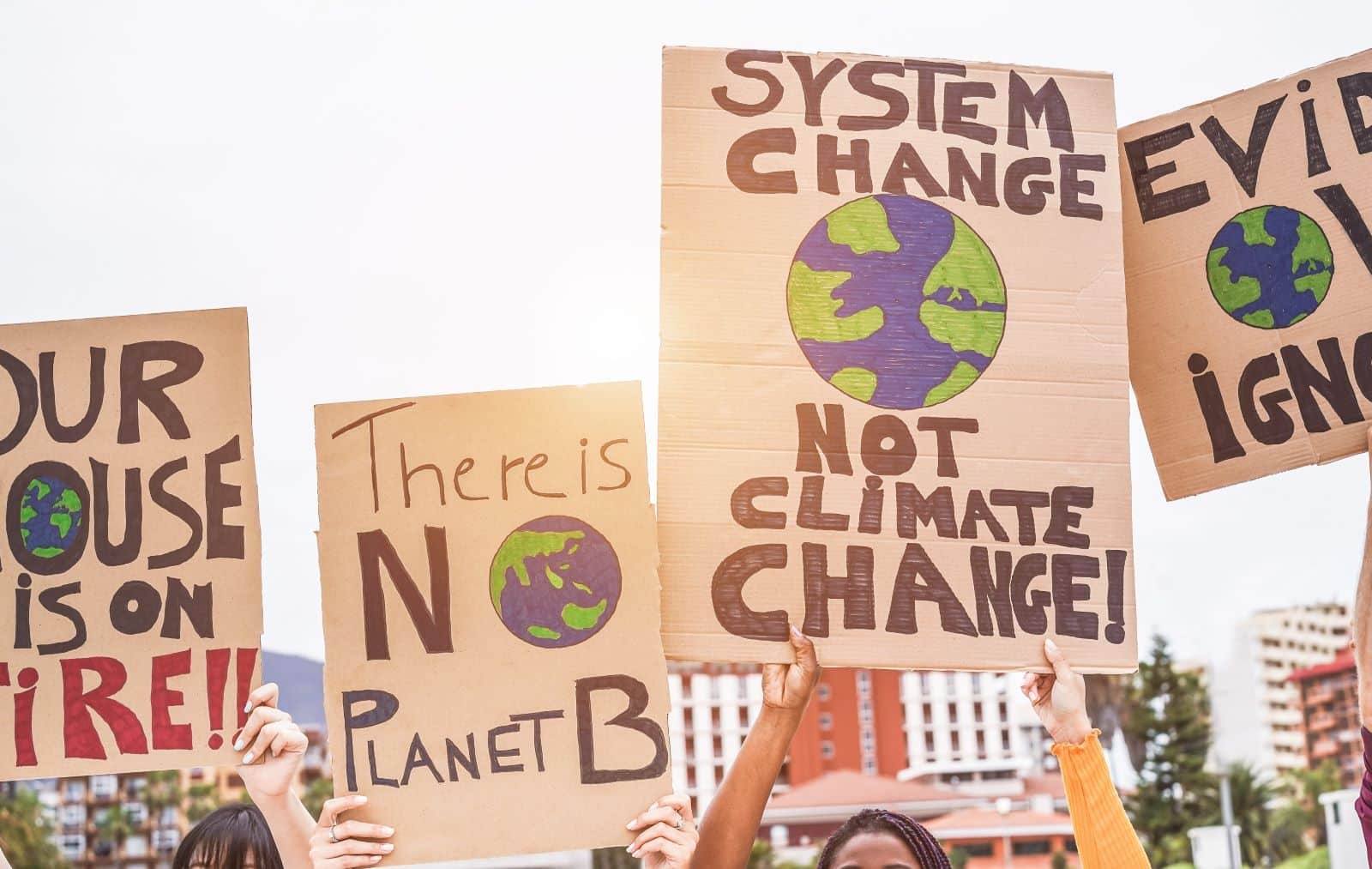
Friends of the Earth and other environmental groups are urging banks to stop financing industrial livestock expansion immediately.
Progress Overseas

Some banks in Europe and Australia have already taken steps in this direction, and the report suggests that even though livestock financing is a small part of their portfolios, cutting it could massively decrease emissions.
Legal Challenges

JBS, the world’s largest meat company, is currently facing a lawsuit in New York for allegedly misleading investors about its net-zero commitments. Two environmental groups are pushing the SEC to investigate JBS’s attempts to list on the New York Stock Exchange, accusing it of hiding the true climate impact of its operations.
The SEC’s New Rules – Are They Enough?

The SEC recently updated its rules to make sure that companies reveal their greenhouse gas emissions, but experts argue they’ve missed a trick by leaving out supply chain emissions (also called Scope 3 emissions) – which make up most of what agricultural companies contribute to climate change.
The Challenge of Scope 3 Emissions

Because of this, banks may not know the full extent of the emissions they’re funding.
As the report’s author stresses, “If the companies are not reporting on Scope 3, they’re basically not reporting.”
The Financial Sector’s Climate Responsibility

It’s clear that the financial sector has a big role to play in combating climate change. Whether it will step up, however, remains to be seen.
Remote No More: 19 Companies Returning to the Office

As the pandemic wanes, companies are recalling remote workers back to the office, sparking debates on fairness, costs, and convenience. However, there are also notable productivity, coworking, and mental health benefits to consider. Feeling the effects of these changes? Remote No More: 19 Companies Returning to the Office
8 Costco Must Buys and 8 to Leave Behind

Ever wandered Costco’s aisles, questioning if that giant jar of pickles is a real bargain? Or debated buying tires where you get your rotisserie chicken? Welcome to the definitive guide to Costco shopping—a journey to save money, prevent regrets, and offer quirky insights into bulk buying. 8 Costco Must Buys and 8 to Leave Behind
23 Reasons Texas Is the Next Big Thing

Texas is becoming a beacon of opportunity, blending cultural heritage with economic growth. From its landscapes to its industries, the Lone Star State offers a dynamic lifestyle. Here are 23 reasons why Texas stands out, attracting entrepreneurs, artists, tech professionals, and families seeking new beginnings. 23 Reasons Texas Is the Next Big Thing
Featured Image Credit: Shutterstock / Visionsi.
The content of this article is for informational purposes only and does not constitute or replace professional financial advice.

